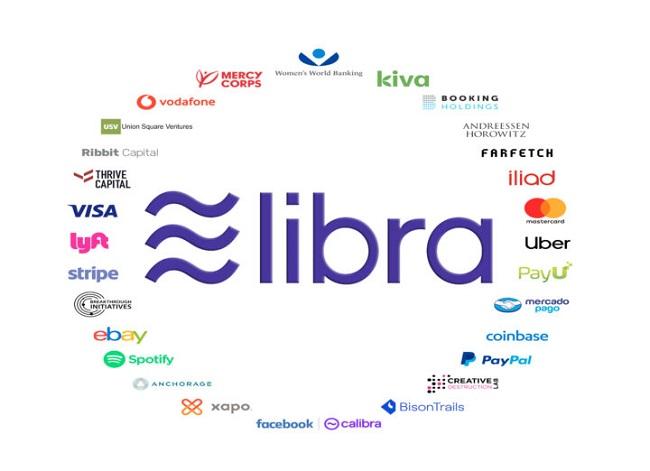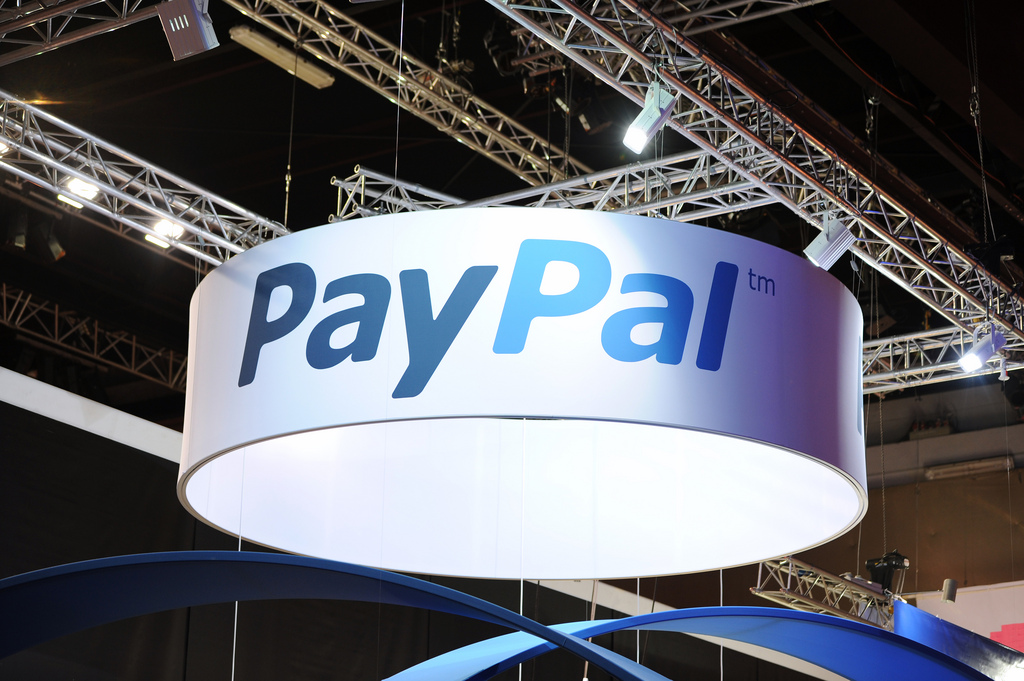Facebook’s Libra Association has now opened its Libra Bug Bounty Program to the public, rewarding security researchers who can uncover bugs and vulnerabilities in its open-source Libra Core code.
Launched in collaboration with bug bounty platform HackerOne, the Libra Bug Bounty program will pay up to $10,000 for exposing critical flaws in the Libra blockchain code. The payment scale of the reward can vary, depending on the type and severity of issues on the testnet.
As per its blog post, the program aims to promote principles critical to the association, including “openness, transparency, and global access” and to encourage “many more people with diverse skills and backgrounds” to test the security of Libra’s blockchain.
“Our rewards program is designed to encourage members of the security community to dig deep, helping us find even the most subtle bugs. We want to help our researchers uncover issue while the Libra Blockchain is still in testnet and no real money is in circulation,” Michael Engle, Libra’ Association’s Head of Developer Ecosystem, said.
Moreover, Libra’s governing body said that “spotlight bugs” that “highlight certain areas of blockchain to attract research attention” will be given bonus multipliers, PCMag reported.
The Libra Association kicked off its bug bounty efforts privately with a beta bug bounty program when Libra was first announced. At the time, 50 security researchers were invited to participate.
However, it is no secret that Facebook’s cryptocurrency Libra has faced scrutiny from global regulators. Libra Association communications lead Dante Disparte made clear of this issue. Speaking to CoinDesk, Disparte said, “We will not launch the Libra Blockchain until regulatory concerns have been taken into account and required regulatory approvals have been received.”
As previously reported, concerns of U.S. lawmakers on Facebook’s proposed cryptocurrency remain unresolved even after their recent meeting with Swiss regulators. Chairwoman of the House of Financial Services Committee Maxine Waters said that although the talk was helpful in understanding Facebook’s plans, her concern of allowing a large tech company create a “privately controlled, alternative global currency” remain.
In July, Facebook said its Libra project may never happen has “drawn significant scrutiny from governments and regulators.” It also admitted that Libra is based on “relatively new and unproven technology” and that existing laws and regulation governing digital currencies are “uncertain and evolving.”

























Comment 30